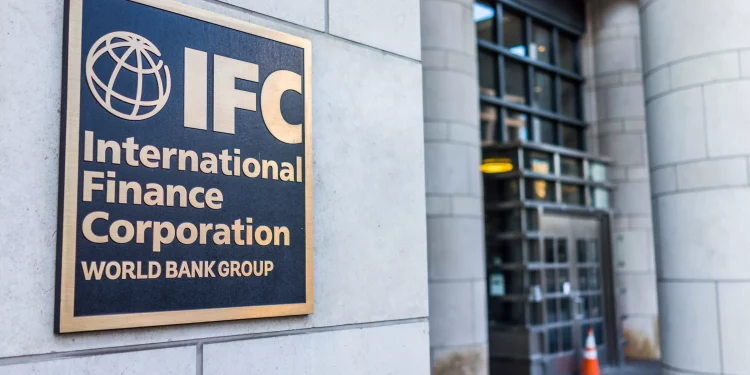The International Finance Corporation (IFC) and the US-based bank ‘Citi’ have signed an agreement worth Kes 28.4 billion (USD 200 million) to provide cover for Citi’s trade finance transactions with African banks. This deal, known as the GTLP Citi ATRI Africa project, aims to encourage Citi to expand its trade finance offerings to African countries at a time when many global banks are avoiding the risks associated with financing the continent.
Read more: IFC Plans Investment in Mega Complex in Rwanda’s Capital
Pending board approval, the risk-sharing facility is valued at USD 267 million (Kes 37.9 billion), with the IFC contributing 75 percent of the total amount. The trade assets in the portfolio will be originated in Africa by Citi and/or its affiliates or subsidiaries, according to the IFC. Under this arrangement, the IFC will offer up to 75 percent (Up to USD 200 million) of funded risk mitigation for eligible trade transactions between Citi and Emerging Market Issuing Banks (EMIBS) in African countries. This support is intended to bolster importers and exporters of essential goods throughout the continent.
Read more: The International Finance Corporation (IFC) set to Build 5,000 Affordable Houses in Kenya
The primary goal of this project is to sustain Citi’s ability to provide trade finance services in Africa despite significant macroeconomic challenges. By doing so, it aims to address the trade finance gap in the continent and ensure increased or maintained access to trade finance for key stakeholders, including EMIBs and underlying importers and exporters in Africa. The IFC defines its risk-sharing facilities as bilateral loss-sharing agreements between the IFC and banks or corporations (originators of assets). Under these agreements, the IFC reimburses a portion of the losses incurred in a portfolio of eligible assets. In 2020, Citi and the IFC had established a similar fund to support trade finance and flows in developing countries, as part of a plan to assist businesses in coping with the challenges brought about by the Covid-19 pandemic.
















